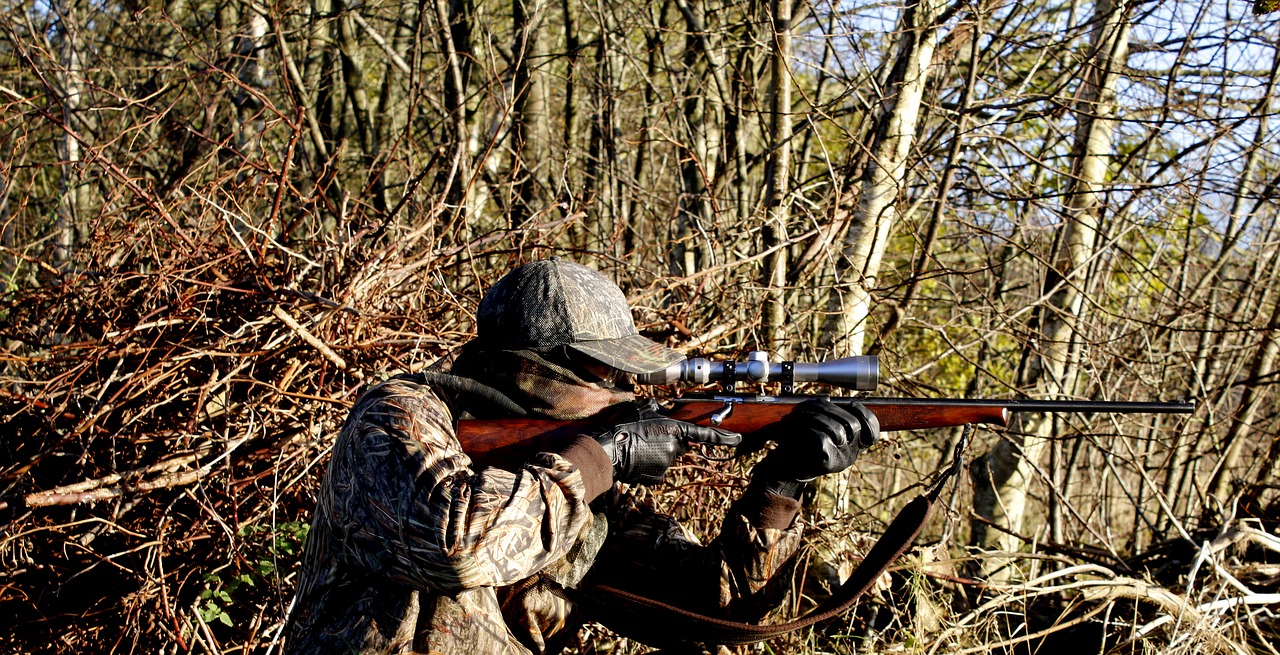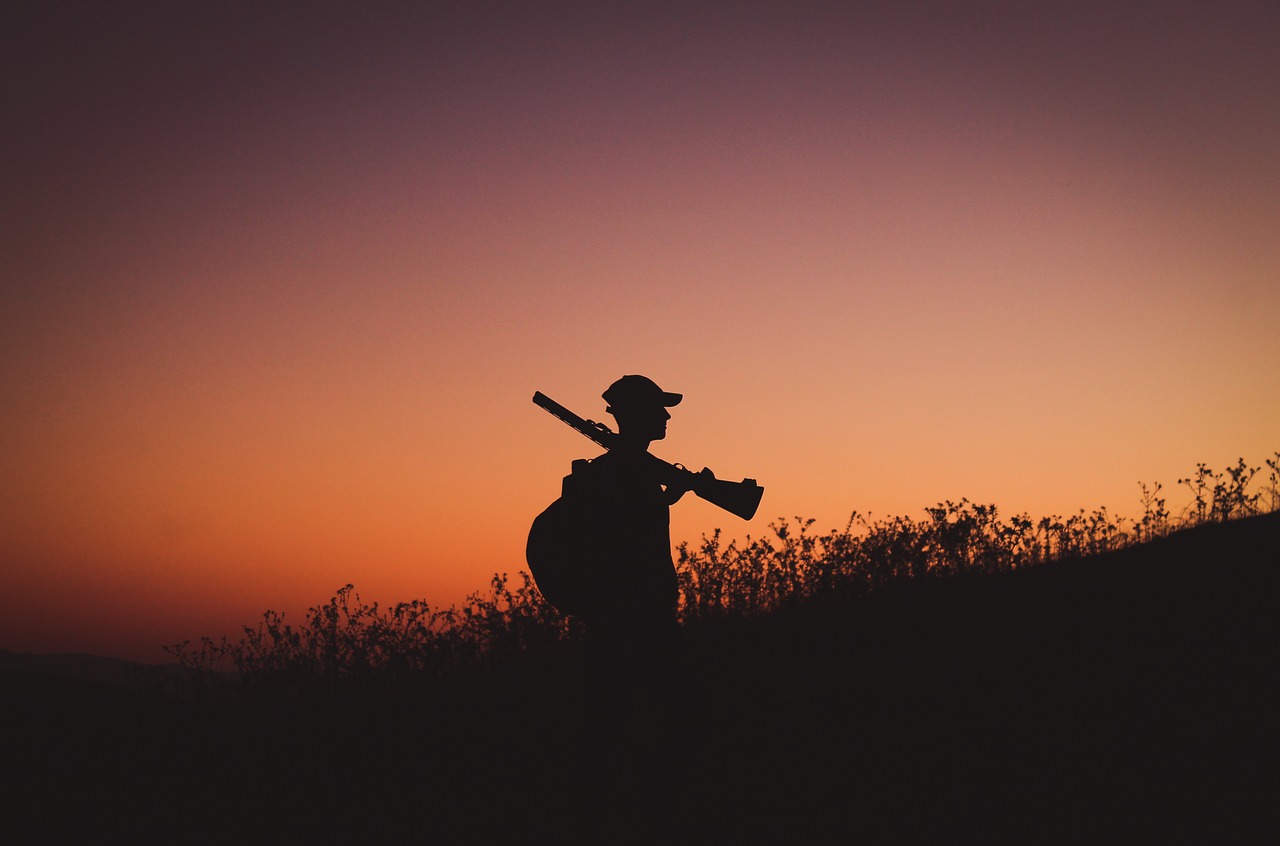How Hunting Helps Wildlife
Posted by Jessica Koenes on Jul 22nd 2022
It's no secret that hunting is a big part of our heritage. Hunting animals provide key benefits to the ecosystem which helps maintain a healthy balance between humans and nature!
Hunting is a great way to protect wildlife. Why? Well, for one thing, it helps maintain a fragile ecosystem by providing food sources like small game and birds which in turn will help feed larger animals that live.
Is there anything more glorious than the beauty of the outdoors? Have you ever just been frozen in a moment of sureen peace as you take in the details and splendor of nature? All the sounds, smells, textures; your senses fully heightened as you try to wrap your mind around all the details that make a specific space in nature so perfect and unreal. The unfortunate reality of beautiful things, is unfortunately, they are fragile. That is true in nature as well. Have you heard the term “hunting is conservation”? It is a term that you have likely come across if you are part of the hunting community. What does that mean though?
Conservation
What is conservation? Conservation is defined as the prevention of wasteful use of resources. More specifically, conservation is intentional management in nature with the goal of preventing the destruction, neglect or exploitation of natural resources. The goal is to protect animals and their habitat. Animals and their habitat are the resources that we are working to protect. It is in the best interest of hunters to be aware of conservation. Conservation is what protects the puzzle pieces that add up to the hunting experience we all know and love. There are many organizations whose full focus and goal is to preserve the land and protect what we love so that future generations may see and experience the beauty of nature as we know it now.

Hunting by mtorben from Pixabay
How Hunting Supports the Preservation of Natural Resources
Humans have clearly left a large mark on the world and natural resources. We are consumers who continue to multiply and use as we see fit. As a result, the land and natural resources have been directly impacted. The more we expand and multiple, the less land there is for animals to call home. With reduced space for wildlife to live, there becomes a need for wildlife management to keep wildlife populations in healthy conditions to adapt to the confined space that they have left. This is where regulated hunting comes in to support conservation.
The overpopulation of any specific species within a habitat leaves large negative implications for the preservation of resources. For example, if there are too many deer in a specific habitat, the deer eat all the vegetation. This affects the birds and other small creators who depend on the vegetation for their living quarters. The deer then run out of food to eat in the spaces they usually inhabit, they then spread out and try to find food. This leaves an impact on residential spaces where car crashes increase and wildlife encounters increase. You can see, the impact only continues to spread and it leaves a wake of negative impacts in rural and residential worlds. Predators need to be managed as well. If there become too many predators, then there is a negative impact on the herd numbers. This leads to a similar problem with predators then moving into human populations in the search for food. Over time, whether it is with herds or predators, it has been proven that the most effective way to manage wildlife population size is through regulated hunting.

Hunting by Simedblack from Pixabay
Fish and game departments help determine where the numbers need to be to conserve the natural resources of a habitat. They dedicate their careers to understanding the balance needed to preserve nature. Once they determine a number to esure population regulation, then a specific number of tags are produced for hunting. Depending on where you hunt and what you are hunting, those tags are either accessible to purchase or you need to apply for a lottery system to access a tag. The regulation of tag numbers and the enforcing of hunting regulations ensure that population numbers stay in a balance that keeps populations healthy and thriving. If there were no hunting regulations and if there was not a specific number of tags, we could kill out a population of animals in a habitat and disturb the delicate balance of an ecosystem.
Conclusion
So the next time you go out hunting, remember how you are helping. By hunting, you are supporting population regulation. As humans, we may have desterbed the land as it once was. We may have had a negative effect on natural resources as we conquered and molded the land to fit our needs, but we are making efforts with hunting to preserve what is left in its natural state. By hunting, you are helping preserve our natural resources so future generations can enjoy nature as it is meant to be, in perfect balance.
References:
https://www.gohunt.com/read/life/how-hunting-helps-conservation-efforts
